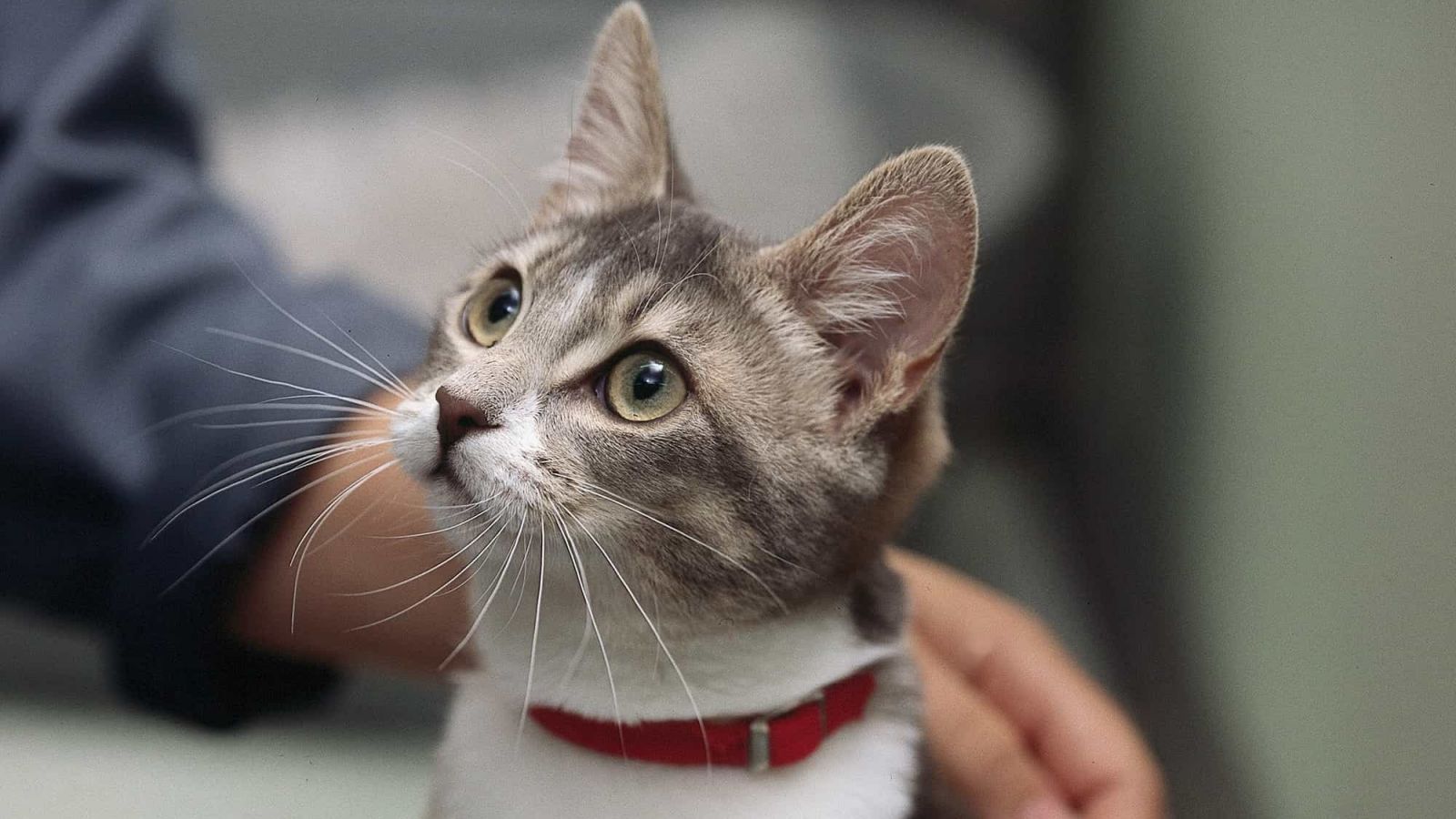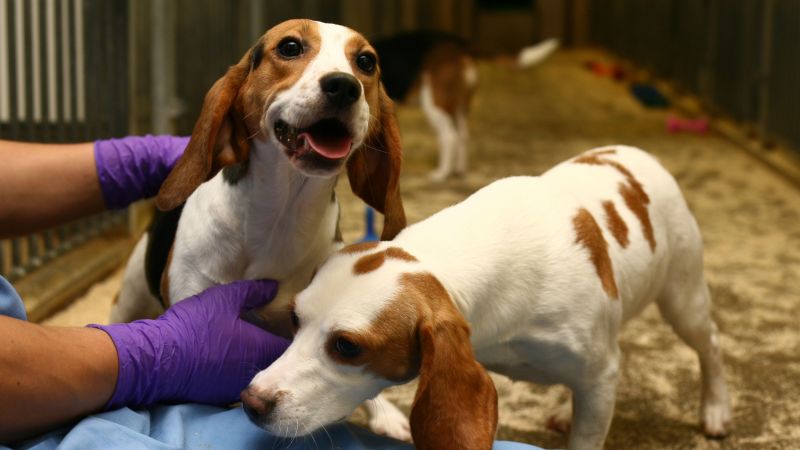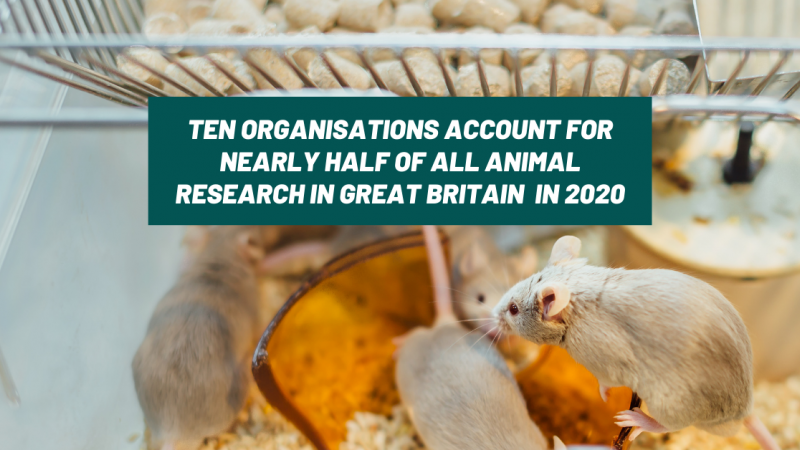
This is the third article in our 2019 series reviewing achievements during the first ten years of UAR. Bella Williams, Head of Engagement, talks about her project to highlight the role vets play during scientific research with animals.
Vets support the animals we live and work with. Each town has its own familiar veterinary practice, where our pets undertake routine vaccinations and health checks, or visit when they are ill. Most of us also know that vets work with farms or in zoos, taking care of larger, rare and exotic animals, and bringing principles of animal care and knowledge of how to keep animals well to these institutions.
Then there are the other vets; the ones we don’t think of so readily, because they do not work on our high-street. They provide care for other animals and some of these are in a lab. Vets oversee the care of these lab animals and provide advice and support should they become sick.
By law all animals used for scientific research must have access to a vet. Institutions that are licensed to carry out scientific work must employ a vet to check their experimental protocols and ensure that all the animals receive appropriate care at all times. Research thus offers a different career-path for vets, where they work with scientists, animal care staff, ethical committees and communicators to oversee the way that animals are used in research, and where possible, to improve their lives. They support legal frameworks, provide advice and facilitate communications between those who work with animals. Vets working with laboratory animals talk with passion about their demanding role, where every day is different. Yet laboratory animal vets are a small branch within their profession, and many vet students finish their veterinary degree without hearing about them or understanding their role.
Skilled and dedicated laboratory animal vets are sought after. They have unusual specialist-skills due to their familiarity with the animals such as rodents and fish that are common in laboratories. If new or unusual species are brought in, vets must learn about them quickly so they can provide sound and expert advice. They advise on the law but also support the human relationships between staff in animal facilities.
But until recently most institutions were reluctant to talk openly about their research animals, so that many veterinary graduates knew little about the roles of vets in science, or whether they might be suited to a career in veterinary or scientific research.
In 2014 the professional body for laboratory animal vets in the UK, Laboratory Animals Veterinary Association (LAVA), asked Understanding Animal Research (UAR) to help them reach more young vets. UAR hoped to show them the range of careers available for vets, in areas they might never considered, and help other young vets to appreciate the role of animals in human and veterinary medical research.
With the support of research funder the Biotechnology and Biological Sciences Research Council (BBSRC) and the Biomedical Research Education Trust (BRET), we wrote to the UK’s nine vet schools, asking them for a date when we could come and talk to their students about the role of vets in scientific research. In our seminars the veterinary students heard short talks from a veterinary research, a researcher working with animals on human medicine, an animal technologist and a laboratory animal vet. Where possible, these were all people working in their own universities, supporting the colleagues that they worked alongside or the research that they were studying.
Veterinary students have a demanding programme of study with little free time, and some of our sessions were held in the evenings. Those evening audiences were often smaller than we had hoped, though we found that free pizza was an enticing prospect for aspiring vets. For the newest vet school, at the University of Surrey, the course was still being established and they were unable to provide a suitable space for us in their schedule.
Some of the vet schools scheduled our session as part of the course, and in those universities we had a large and engaged audience, who asked questions and left the session telling us they had a new perspective on working with animals in research. The vet schools we visited all asked us to return and inspire a new group of students in the future. We had some great discussions about the role of vets in research, and our speakers spoke so passionately that we know we helped young people see their profession a little differently.
In 2018, four years since the vet school project, I asked some of the vet schools about a return visit, hoping that they would host our programme again. What I found was amazing: two of the vet schools, Surrey and Edinburgh, now teach sessions on roles for vets in research as part of their degree course, creating the first step on the path to a career in research for some, and supporting better understanding of their profession for others. I hope that over 2019 and 2020 UAR and LAVA can support and encourage the other vet schools to follow suit, making a small change that could be key to supporting our next generation of laboratory animal vets.
Last edited: 4 March 2022 09:59




